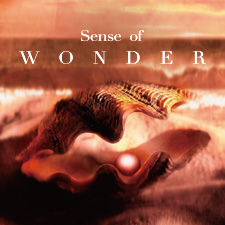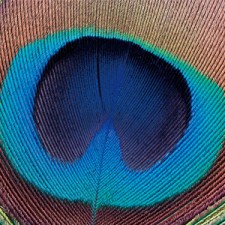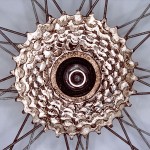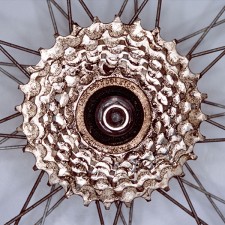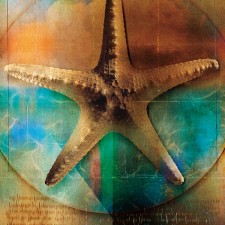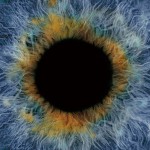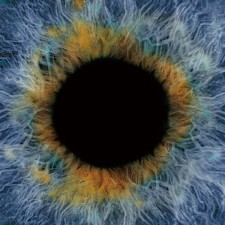◉ From science fiction movies and novels, books on popular science, or just occasionally looking up at the night sky, we get a feeling that we know quite a bit about outer space. But some astronomers warn that we are using words like “space” and “the universe” far too lightly.
◉ Both “spacewalks” and the construction of “space stations” take place very close to the Earth. The moon landings and the Voyager expeditions may certainly have been a first step, but it would be presumptuous to call them “explorations of the universe.” Even imagining the universe in its entirety remains impossible for now. When picturing the whole Earth, at least we have clues like maps and globes. But while humans who live in three-dimensional space can readily imagine the Earth as an endless two-dimensional expanse, unfortunately it is extremely difficult to imagine a universe that is limited in three dimensions. And even though we may have some knowledge about astronomical objects like star clusters and nebulae, black holes and quasars, it is by no means as if we knew them like the Mediterranean or the Himalayas. Even worse, the mass of the directly observable objects amounts to less than 10 per cent of the mass of the whole universe. The rest is matter that does not interact with light at all, i.e. “dark matter,” and as the name implies, its true character is still obscure.
◉ Putting such “minor issues” aside for the moment, we know that the universe has kept expanding since it was born in a Big Bang around 13.8 billion years ago, so perhaps we ought to feel optimistic that we are on the way to solving the fundamental riddles of the universe and grasping the whole picture. But actually, that popularly disseminated profile of the universe is still at the hypothetical stage at best.
◉ In 1929, the American astronomer Edwin Hubble discovered through his observations that the universe is expanding. Now, if it is expanding and you know the speed, you should be able to calculate the age of the universe, like running a movie backwards. The result he arrived at was 2 billion years, and this remained the official age of the universe all the way until 1956, even though it was less than half of the estimated age of the Earth (around 5 billion years). This contradiction is no laughing matter for today’s scientists either. In 2003, the age of the universe was calculated to be around 13.8 billion years, based on results announced from NASA’s cosmic background radiation observation satellite WMAP. But at the same time, certain astronomers who study the life cycles of stars claim that there are plenty of stars in the universe that are as much as 16 billion years old.
◉ Let’s digress a bit from the age story. The definition of time itself is also a difficult question. Scientifically speaking, you can construct a clock based on any regularly repeated phenomenon in the natural world, and today, atomic clocks with an error of less than one trillionth of a second are standard. Since there were problems that could not be explained with the early, simple Big Bang theory, it has now been complemented with the theory of inflation, but in either case, the universe started from a single point with extremely high temperature and density. In a very short amount of “time,” the fundamental forces and elementary particles were formed that we still have in the universe today, but currently, there is no convincing physical model of the first 10-23 second. The nagging question arises whether it really is appropriate to apply our current timescales to an event that only happened once with no observers. Just like one centimeter mathematically can contain an infinite number of points, perhaps an infinite time can be folded into a single second.
◉ Until a few years ago, it was believed that the speed of expansion would gradually slow down, and the universe would then either stabilize or start contracting. But recent calculations show that the expansion is actually accelerating instead. While scientists previously had been imagining various forms of stable or contracting universes, almost nobody had expected the expansion to accelerate.
◉ If we assume that the Big Bang theory is correct for the time being, then the universe was born out of nothing. Perhaps this state of “nothingness” too is only from a human point of view, but somehow, from some tiny triggering chance, the universe was born out of “the void.” According to one calculation, a mass of merely 5 kilograms stuffed into a container the size of a proton would be sufficient to start a big bang. This means that possibly one day we may be able to create our own new universes by manipulating matter. Perhaps it is as the physicist Edward Tryon says, “the universe is simply one of those things that happens from time to time.”






